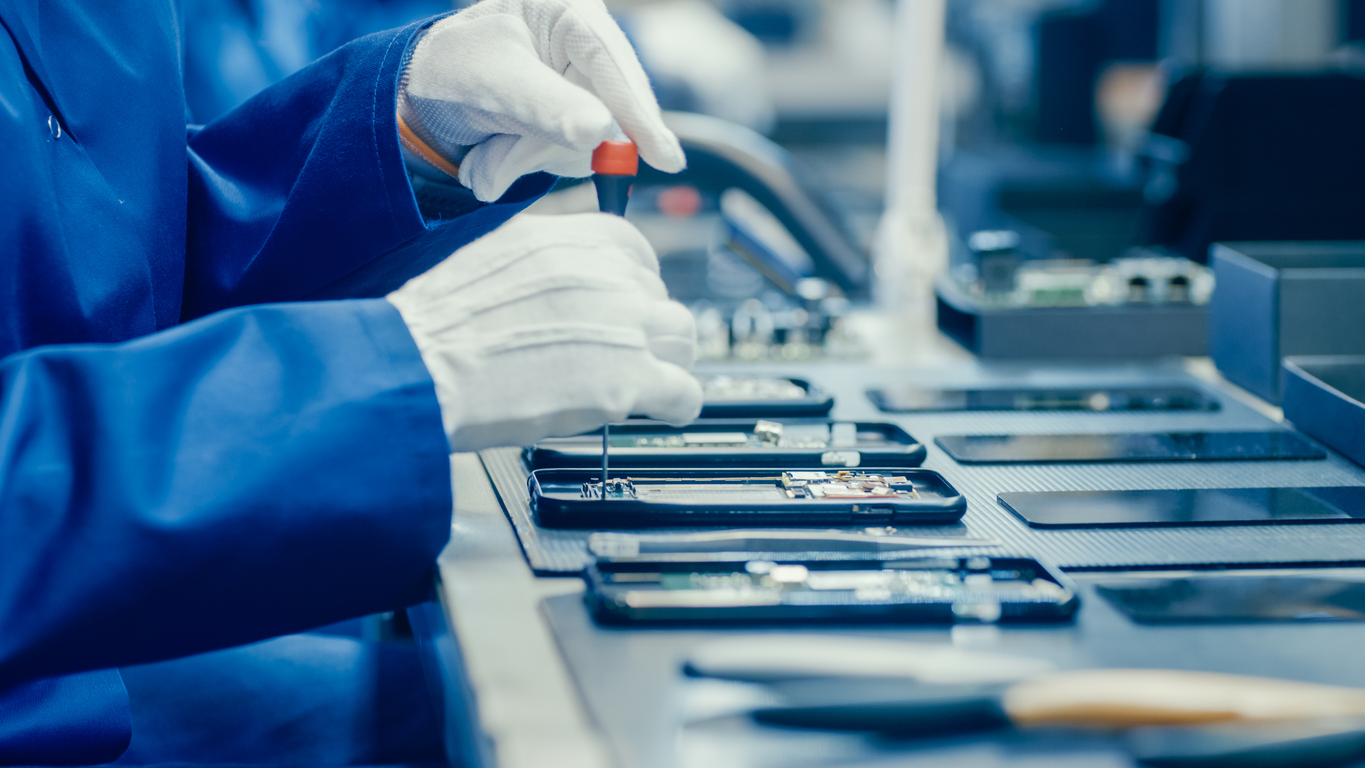
October 3, 2025
The ECMS, approved by the Union Cabinet in April 2025, had initially sought investments just over ₹59,000 crore.
The projected production under the scheme is also expected to rise sharply, far beyond original estimate, surpassing ₹4.5 lakh crore from earlier targets of about ₹2.12 lakh crore
The success of ECMS is part of a broader drive: Krishnan noted that India’s Semicon India programme has also fully allocated its funding, and that work is underway for a second phase
The scale of committed investment reflects investor confidence in India’s ability to rise to the occasion

India’s push to become a global hub for electronics manufacturing received a strong vote of confidence as investment proposals under the Electronics Components Manufacturing Scheme (ECMS) have nearly doubled the original target, reaching about ₹1.18 lakh crore. According to S. Krishnan, Secretary of the Ministry of Electronics & Information Technology (MeitY), this surge signals robust industry trust in India’s policy environment and future growth prospects.
The ECMS, approved by the Union Cabinet in April 2025, had initially sought investments just over ₹59,000 crore. However, the final tally of proposals exhibits substantial oversubscription, underlining strong demand and ambition from both domestic and global firms. Alongside investment commitments, the projected production under the scheme is also expected to rise sharply, far beyond original estimate, surpassing ₹4.5 lakh crore from earlier targets of about ₹2.12 lakh crore.
The success of ECMS is part of a broader drive: Krishnan noted that India’s Semicon India programme has also fully allocated its funding, and that work is underway for a second phase.To date, 13 schemes under the semiconductors initiative have been cleared, with nearly the entire ₹76,000-crore investable budget already committed.
While Krishnan acknowledged that global competitiveness remains a persistent challenge, he emphasized that the scale of committed investment reflects investor confidence in India’s ability to rise to the occasion. He stressed that creating the right policy environment and the right ecosystem is essential for the manufacturing surge to succeed.
Source: Economic Times